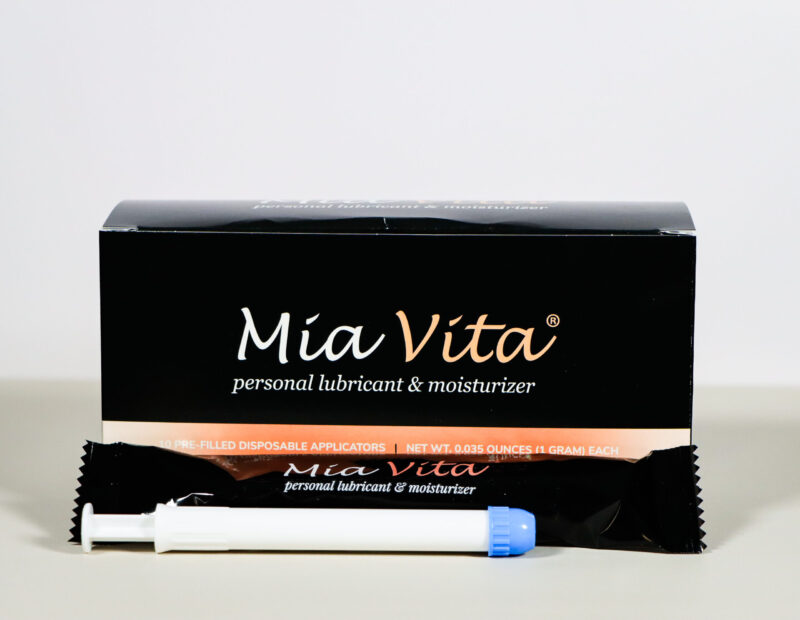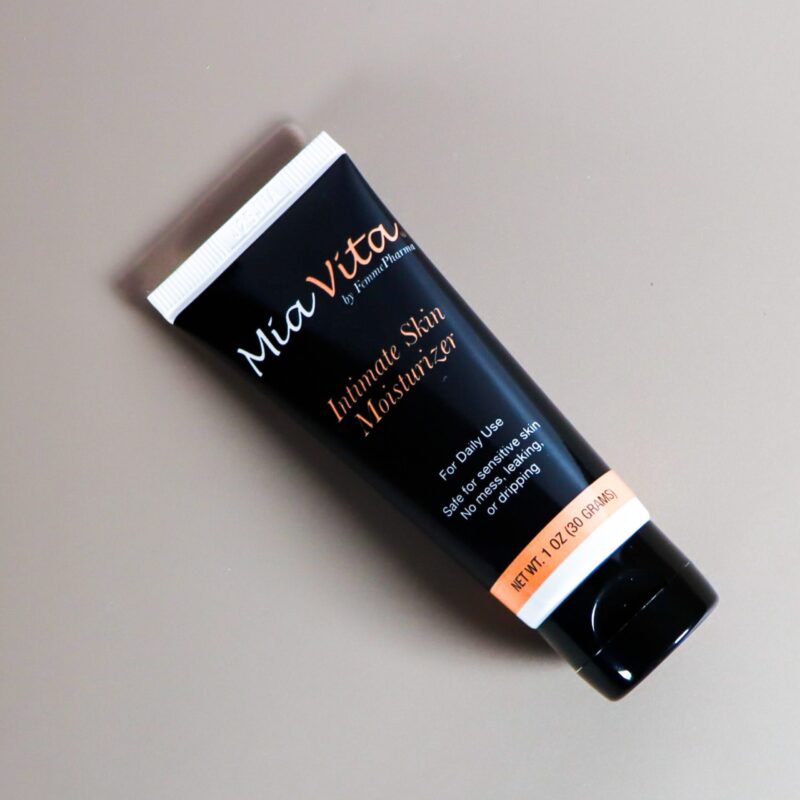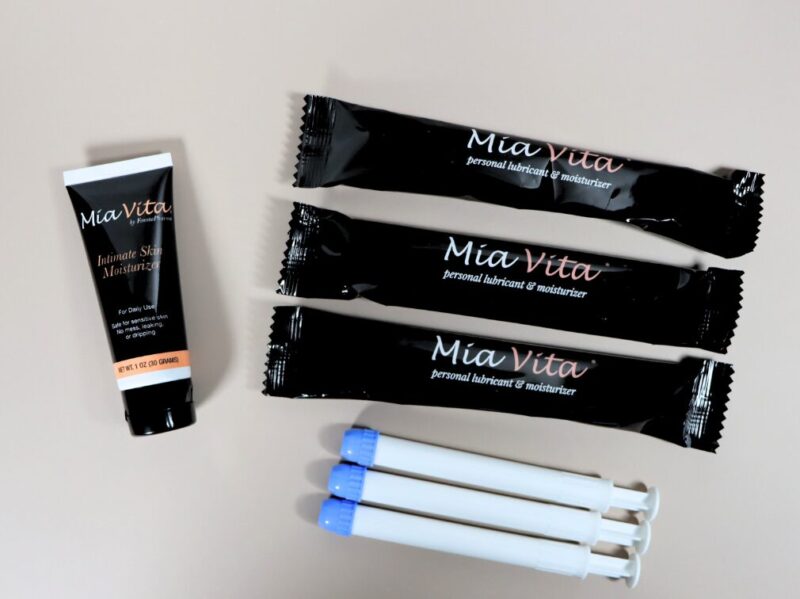Food cravings during menopause are just as frustrating as those PMS cravings we thought we finally moved on from. It sometimes feels like a never-ending battle.
So, what can be done about these menopausal cravings?
Why do we have food cravings?
Have you ever craved something sweet, followed by something salty, and then something savory right after?
Hormones play the biggest role in our food cravings. Leptin and ghrelin are two hormones responsible for signaling to the body that it’s either full or hungry. Leptin lets us know we are full, whereas ghrelin lets us know we are hungry. A recent study suggests that as we age, leptin levels decrease causing us to feel hungrier more often. Estrogen and progesterone are other culprits. Estrogen has been linked to craving carbohydrate-rich food and progesterone has been linked to the consumption of sugary food.
Food cravings are also tied to our emotional and physical needs. When we are stressed and anxious, we often find ourselves reaching for comfort foods. Our body also confuses dehydration and thirst with hunger so if you find yourself wanting to eat everything on sight, reach for a glass of water first.
How to reduce menopausal cravings
Reduce your stress levels
Sometimes reducing those menopause cravings is all about mind over matter. Our stress and anxiety levels can heavily influence our eating habits. Reducing our stress levels can help reduce food cravings.
Understand your menopausal food cravings
Be mindful of your food cravings and understand when your food cravings strike. According to Current Nutrition Reports, food cravings tend to develop in the late afternoon or evening, and the desire to eat high-calorie foods increases throughout the day.
Make sure you’re getting enough sleep
Fatigue is one of the most common menopause symptoms, and when we are tired, our body responds by craving sugar and carbs to help us replenish that energy.
Maintaining a healthy weight during menopause
Tackling food cravings is only a piece of the puzzle when it comes to managing your weight in menopause. The average woman will gain 5-8% of their baseline body weight because of menopause. Keep the following in mind to help maintain your weight:
- Exercise for 30 minutes most days.
- Consume lean protein like chicken, fish, beans, and tofu to feel fuller longer.
- Make sure you get enough sleep.
How to control menopause food cravings
Controlling cravings caused by menopause can feel like an uphill battle but it’s possible! Incorporate the following to help you manage your food cravings:
- Stay hydrated. As we get older, our thirst center becomes less active, so the brain is less likely to signal to the body that we are thirsty.
- Increase your intake of complex carbs like whole grains, vegetables, and lentils.
- Avoid skipping meals. This can lead to unhealthy snacking.
- Avoid refined processed foods.
- Reflect on how you feel – we often reach for snacks when we are bored.
- Instead of larger meals, opt for smaller meals throughout the day to keep your blood sugar levels stable.
- Support a healthy gut with probiotics.
Managing your food cravings in menopause is not about depriving yourself. Remember, balance is everything and if you find yourself craving a piece of cake – have that piece of cake.
FemmePharma has been helping women navigate menopause for over two decades. No matter where you are in your journey, you deserve to have knowledgeable, intimate healthcare partners to help you feel your best. Explore our other articles, podcast episodes with women’s health experts, and products to ease your transition into menopause.



